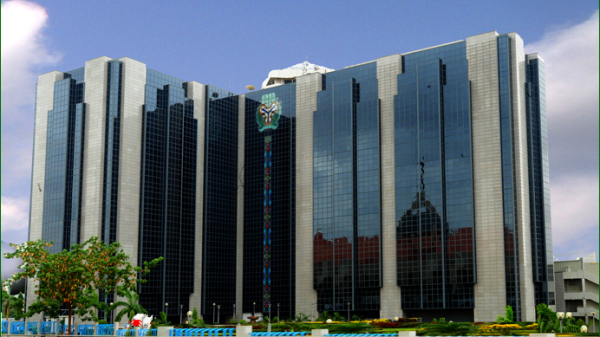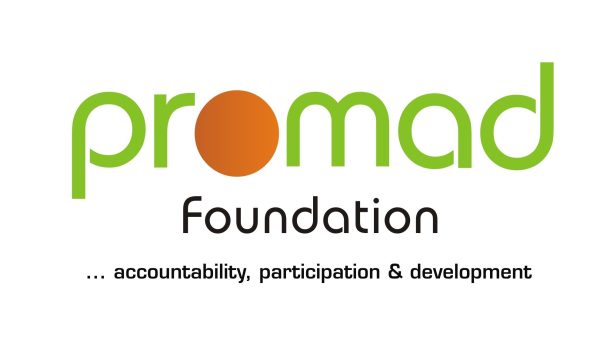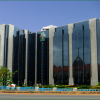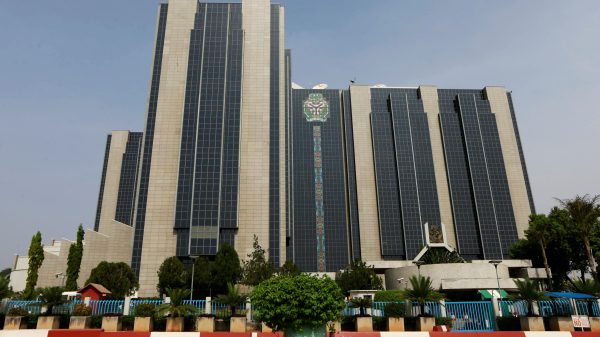Abuja, Nigeria
Nigeria’s headline inflation rate increased to 34.60% in November 2024, according to the National Bureau of Statistics (NBS).
This marks an increase of 0.72 percentage points compared to the 33.88% recorded in October 2024.
Year-on-year, the headline inflation rate was 6.40 percentage points higher than the rate of 28.20% observed in November 2023. This rise in inflation reflects ongoing economic pressures, including rising prices for goods and services in the country.
“This shows that the Headline inflation rate (year-on-year basis) increased in November 2024 compared to the same month in the preceding year (i.e., November 2023). Furthermore, on a month-on-month basis, the Headline inflation rate in November 2024 was 2.638%, which was 0.002% points lower than the rate recorded in October 2024 (2.640%).
“This means that in November 2024, the rate of increase in the average price level is slightly lower than the rate of increase in the average price level in October 2024,” the report said.
Food inflation in Nigeria surged to 39.93% on a year-on-year basis in November 2024. This represents an increase of 7.08 percentage points compared to the 32.84% recorded in November 2023.
The rise in food inflation highlights the growing challenges in the cost of food items, which continue to put pressure on households and contribute significantly to the overall increase in the country’s inflation rate.
It said: “The rise in food inflation on a year-on-year basis was caused by increases in prices of the following items; Yam, Water Yam, Coco Yam, etc (Potatoes, Yam & Other Tubers Class), Guinea Corn, Maize Grains, Rice, etc (Bread and Cereals Class), Beer, Pinto (Tobacco Class), and Palm Oil, Vegetable Oil, etc (Oil and Fats Class).
“On a month-on-month basis, the Food inflation rate in November 2024 was 2.98% which shows 0.05% points increase compared to the rate recorded in October 2024 (2.94%). The rise is attributed to the rate of increase in the average prices of Mudfish, Catfish Dried, Dried Fish Sadine, etc (Fish Class), Rice, Yam Flour, Millet Whole grain, Corn flour, etc (Bread and Cereals Class), Agric Egg, Powered Milk, Fresh Milk, etc (Milk, cheese and eggs Class) and Dried Beef, Goat Meat, Frozen Chicken, etc (Meat Class).”
The report also revealed that the average annual rate of food inflation for the twelve months ending in November 2024 was 38.67%.
This represents an increase of 11.58 percentage points compared to the average annual rate of 27.09% recorded in November 2023.
This sharp rise underscores the persistent and escalating pressure on food prices over the past year, reflecting broader inflationary trends in Nigeria’s economy under the Tinubu-led administration.


























































